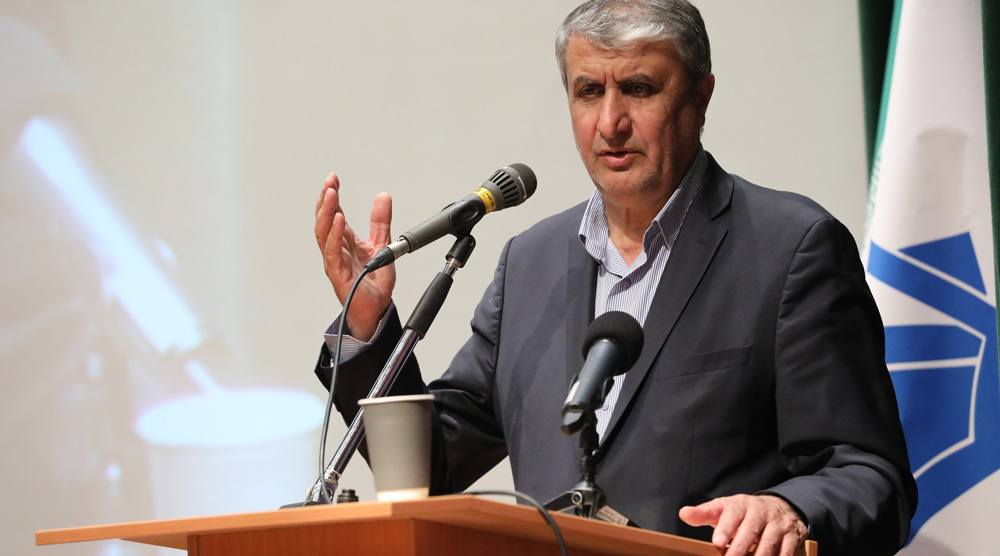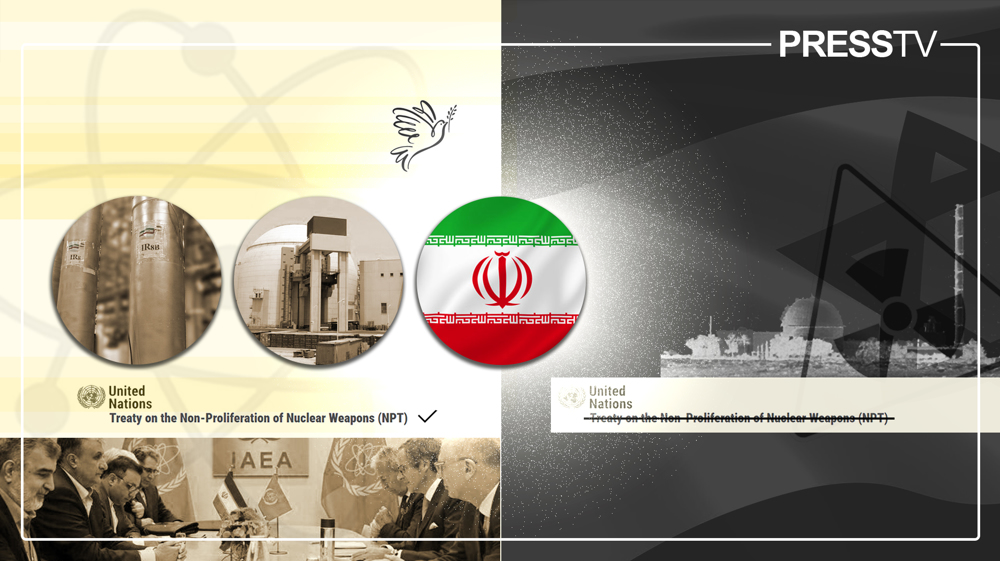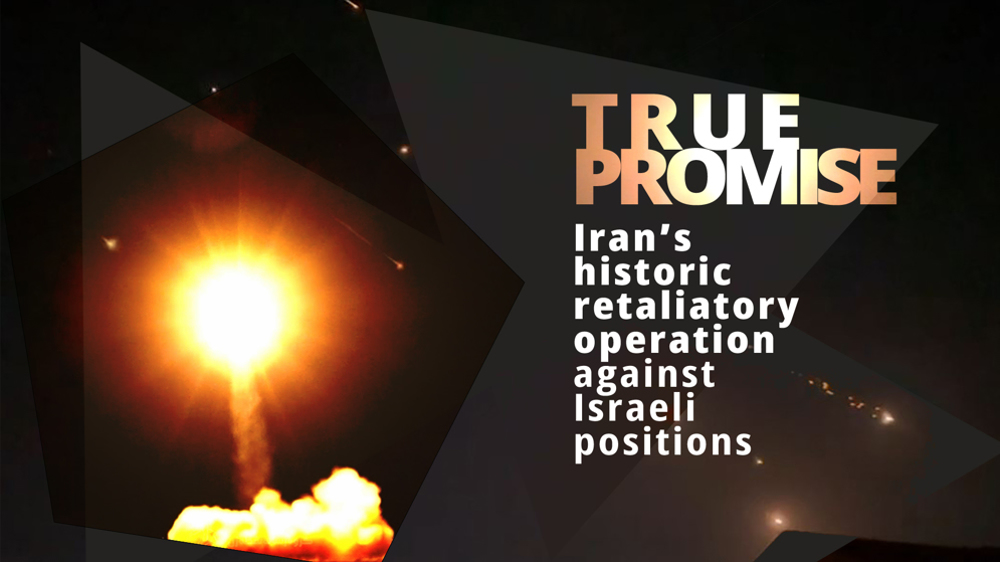Nuclear talks continue between Iran, US in Switzerland
Senior negotiators from Iran and the United States have kicked off another day of their latest round of talks on Tehran’s nuclear program in the Swiss city of Lausanne.
Iranian foreign minister deputies Abbas Araqchi and Majid Takht-e Ravanchi held talks with Under Secretary of State for Political Affairs Wendy Sherman in the first of Saturday's meetings.
The three later joined Iranian Foreign Minister Mohammad Javad Zarif and US Secretary of State John Kerry for talks to find solutions to outstanding issues ahead of a deadline for a comprehensive agreement between Iran and the P5+1 group of countries on Tehran’s nuclear program.
The meeting was also attended by head of the Atomic Energy Organization of Iran (AEOI) Ali Akbar Salehi, US Energy Secretary Ernest Moniz and EU foreign policy chief deputy Helga Schmid.
Fabius seeks 'strong' deal
Meanwhile, France's Foreign Minister Laurent Fabius has also arrived in Lausanne for nuclear talks.
Upon his arrival, Fabius said the negotiations have been "long and difficult" with Iran and the P5+1 agreeing on "some points" but not in others.

The French foreign minister said he wants to achieve a "robust" deal. "Iran has the complete right to a civil nuclear program, but in regard to the atomic bomb, not at all," Fabius said.
"We believe that the real important part is the compromise of all the countries, and, I insist, the transparency of the mechanism, and the control," he said.
"We have to make sure that the commitments taken are respected," Fabius added.
A US State Department official said Kerry is also due to hold separate talks later in the day with Fabius and then "have a working lunch" with him and German counterpart Frank-Walter Steinmeier on Saturday.
Efforts to bridge the gaps

Iran’s Deputy Foreign Minister for Legal and International Affairs Abbas Araqchi told reporters late Friday that the Iranian negotiating team had held intensive talks with the American, Chinese and European sides at different levels.
He said there are still unsettled issues between Iran and the P5+1 countries.
“We are making efforts to narrow the differences, and hope this will happen in the coming days,” he added.
'Iran nuclear deal needs political will'
As a deadline slated for July 1 draws closer, the Iranian foreign minister reaffirmed on Friday the Islamic Republic’s determination to reach a nuclear agreement with the P5+1 countries and called on the other parties to show political will.
“I feel that we can definitely find solutions, but reaching a settlement requires political will from the other side,” Zarif said.
“The reason why I stress on the other side’s political will is that the Islamic Republic of Iran has the resolve at the highest levels, at the level of the Leader of the Islamic Revolution [Ayatollah Seyyed Ali Khamenei] and at the level of President [Hassan Rouhani],” he added.

Iran’s flexibility
Meanwhile, Iranian Foreign Ministry’s Director General for Political Affairs Hamid Ba'idinejad said in Lausanne on Friday that the country has shown "necessary flexibility" during talks with the P5+1 group and emphasized that the other side must make a decision to finalize the negotiated solutions.
He said, "There are a number of issues that haven’t been resolved yet," of which "research and development and sanctions" are "the most important."
Meeting of P5+1 foreign ministers
Meanwhile, the US secretary of state and Russian Foreign Minister Sergei Lavrov in a phone call agreed on a possible meeting of the P5+1 foreign ministers on Sunday to discuss the nuclear issue in Switzerland, the Russian foreign ministry said in a statement.
"An agreement was reached on the possibility of holding a meeting on March 29 in Lausanne of the foreign ministers of the six powers acting as international mediators and Iran," the ministry said.
Iran and the six-party group - the US, Britain, France, Russia and China plus Germany - have been in talks to resolve outstanding issues surrounding Tehran’s nuclear activities to pave the way for an overarching deal on the country’s nuclear program before the July 1 deadline.
SF/GHN/HMV
VIDEO | Iran marks defeat of US military operation in Tabas Desert
VIDEO | Press TV's news headlines
US troopers crack down on pro-Palestinian protests at University of Texas
VIDEO | German warship departs Red Sea as EU 'naval mission' fails
VIDEO | Palestinians inspect rubble of destroyed building in Rafah
Yemeni forces strike US, Israeli vessels in fresh pro-Palestinian operations
‘Say no to Biden’: US college being pressed not to endorse genocide
VIDEO | UN: Alarming food insecurity crisis grips Afghanistan










 This makes it easy to access the Press TV website
This makes it easy to access the Press TV website